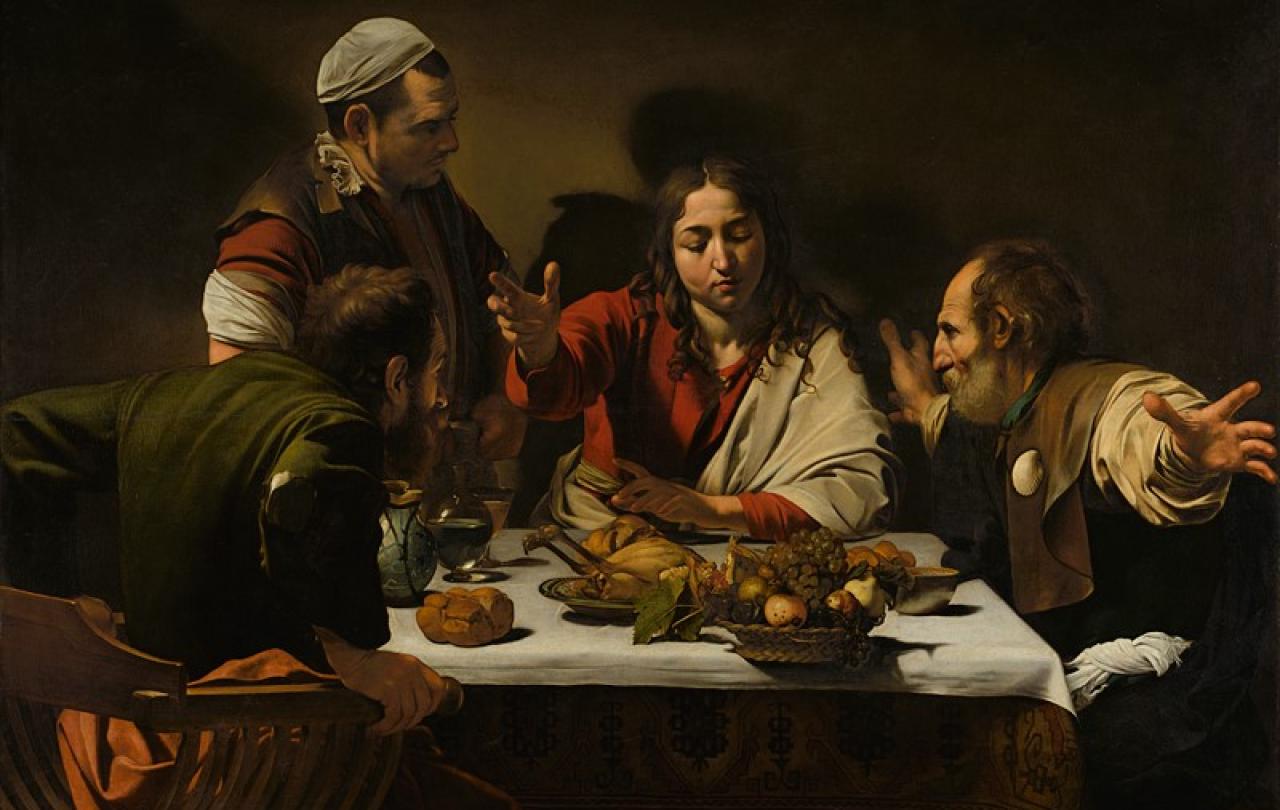
“I’m begging you, I’m begging you,” pleaded the passenger. His two large suitcases lying around him, the Nigerian man knelt on the pavement outside the Megabus station. The bus driver stood surly-faced, arms crossed. The passenger’s jacket was ripped where the driver had shoved him off the bus. The passenger had one too many bags; he had not read the Terms and Conditions on his ticket.
The man groaned – “I must get to Heathrow, I have a flight to catch! I’m willing to do anything – to pay for an extra ticket, to pay the extra bag fee, I have money, see?” He showed the driver his wallet pleadingly, demonstrating his possession of several bank cards.
A few concerned passengers stepped off the bus. “We don’t have a bag in the hold; we’re happy for this man to have our space.” Another person said, “I booked a ticket but my friend didn’t come – there’s a whole seat’s worth of luggage space available in the hold.” Yet the bus driver would not budge. Even though Megabus has an excess baggage policy, it was down to the driver’s discretion. The driver alone had the power of life and death, to say “yay” or “nay” – to restore a man’s dignity or completely ruin it, along with his jacket.
As the minutes ticked on, other passengers began to get irate with the Nigerian man – “just buzz off mate, you’re making us late!” “You should have read the rules!” “You’re making the bairns on the bus cry!” Stony faces pressed against the window as the man knelt on the pavement. Even those who had tried to help him left him in the harsh hands of the bus driver and his colleagues, tiny kings in a kangaroo court. For the bus driver, there was no backing down – he was pacing, sweating and red-faced, repeating over and over again to himself his side of the story. And in the end, we left the Nigerian passenger in the heartless hands of bus bureaucracy, wiping our hands of the injury done to him – “we tried.”
How mucky and murky the human heart can be.
The whole experience on the Megabus that day left me feeling sick. We all like to think of ourselves as decent folks, as long as we do our “bit”. But on that bus I realized the difficulty: what is “my bit”? Who decides what is “enough”? How quickly a petty issue of baggage can descend into a power play. How quickly do ordinary nice people become a mob when they are outraged or inconvenienced. How mucky and murky the human heart can be.
The only word that feels strong enough to me to describe this condition is “sin”. This word may sound like a relic of a bygone Britain, but I think it’s as relevant as ever. It’s a serious word, loaded with a sense that the things we do mean more than we know. Sin suggests that I am accountable for how I treat people – not just to my own perception but some higher standard that safeguards the dignity of all human beings. Christians believe that it is God who safeguards our humanity, who sets the standard for how we should and should not treat others. We are accountable “vertically” – to God – as well as “horizontally” to each other.
It seems to me that “sin” is not a laundry-list of rules but more like a tangled knot of slippery threads – I can’t see where it begins and where it ends, in my own heart or in the world at large. The Christian Eastern Orthodox tradition often likens sin to sickness or a dis-ease of the soul; it infects our reasoning, our emotions and our actions. And that’s why the hurt and pain we cause each other is so “sticky” – no one is left untouched by the effects of the damage we cause each other.
It was quite clear to me that there were some “sins of deliberate fault” on the Megabus that day – the bus driver’s behaviour was patently unfair and verging on abuse. But I would say sin also flourished in the self-defending logic of the passengers who just wanted to stay in their lane, and for the Nigerian chap to stay in his. Don’t bother me, with your problems. I look after me, you look after you. There were sins of ignorance too – I felt this sick sense in my stomach as the bus pulled out of the station that there was more I could have done, but I didn’t quite know what. All I know is that every person needed mercy on that Megabus, whether we knew it or not. Ironically, the Nigerian man was the most innocent of all.





